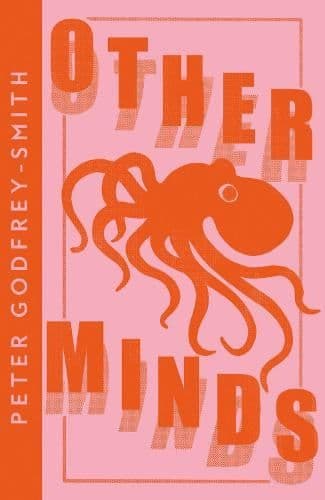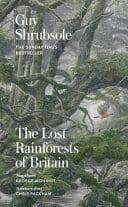
Other Minds:
The Octopus and the Evolution of Intelligent Life
What if intelligent life on earth not only evolved on land, but also in the sea?
DIFFICULTY
intermediate
PAGES
272
READ TIME
≈ 320 mins
DIFFICULTY
intermediate
PAGES
272
READ TIME
≈ 320 mins
About Other Minds
If intelligence evolves in a body nothing like ours, what does that reveal about consciousness? In Other Minds, philosopher-diver Peter Godfrey-Smith uses close encounters at “Octopolis” to examine cephalopods as a second experiment in mind.
Octopuses and cuttlefish carry nervous systems distributed through their bodies; arms exercise local control; skin becomes a high-speed, colour-rich display. Despite brief lifespans, they learn fast, play, and improvise. Moving between field notes and crisp biology, Godfrey-Smith traces the deep split between molluscs and vertebrates to show how perception, agency, and selfhood can arise along another evolutionary path.
The result is a closely observed tour of a nearby alien. Meeting this other kind of mind clarifies what is essential—and what is contingent—in our own, reshaping debates on animal welfare, embodiment, and even machine intelligence.
What You'll Learn
- How cephalopods evolved intelligence independently
- The octopus nervous systems and arm autonomy
- Connect embodiment and lifespan to cognition and behavior
- Theories of consciousness via non-vertebrate minds
- Practical insight from field observations at Octopolis
Key Takeaways
- Intelligence evolved twice
- The octopus’s distributed mind
- Embodiment shapes cognition
- Short lives, fast learning
- Ethics of meeting other minds











